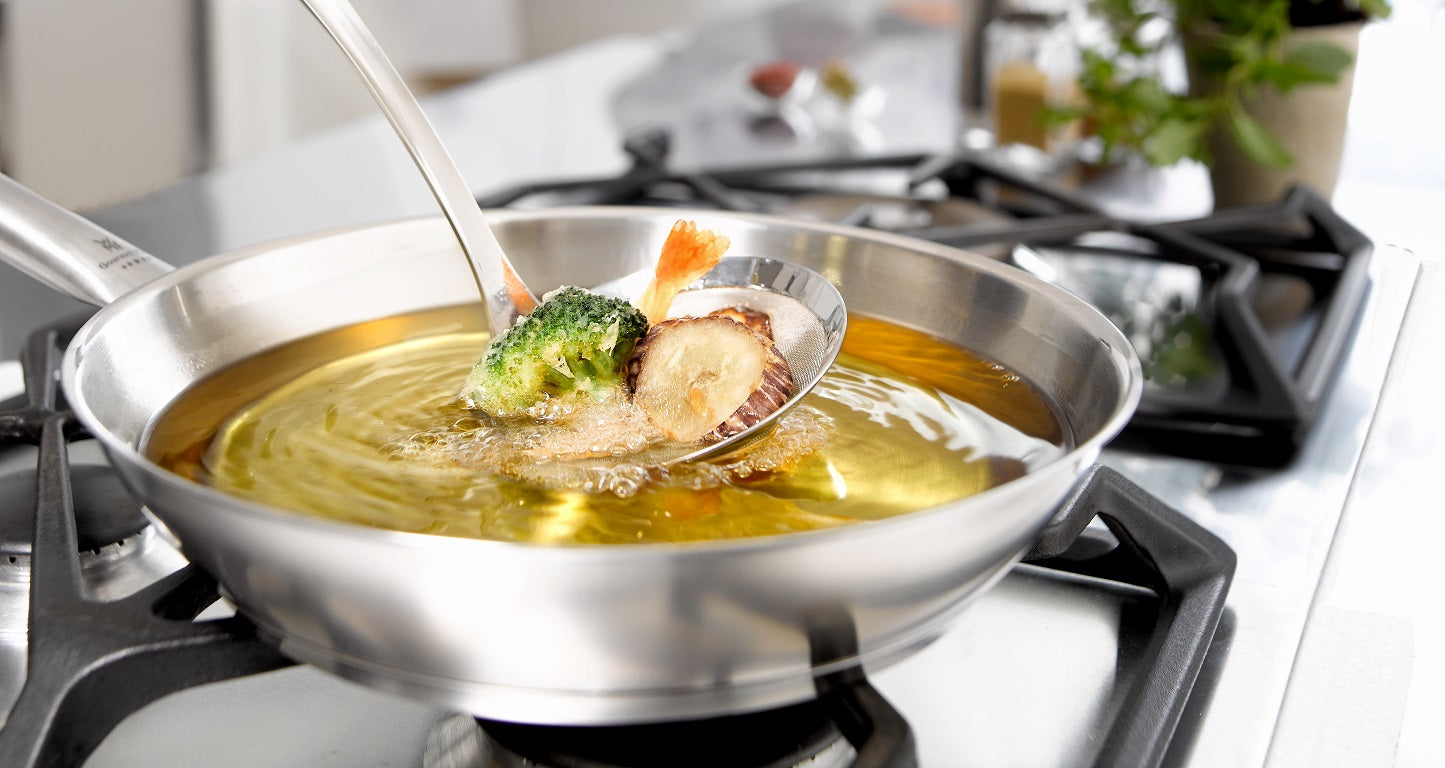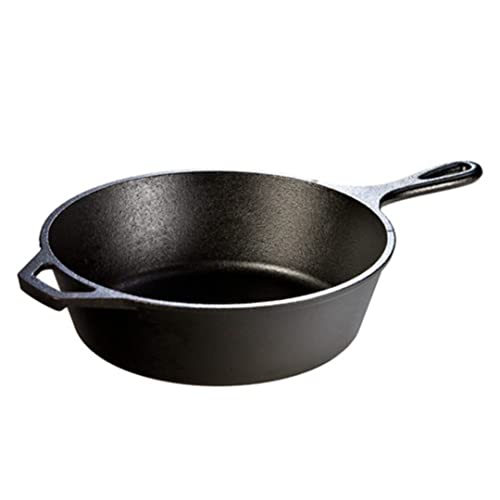Cast iron kitchen sinks are a popular choice for many households due to their durability and timeless aesthetic. However, their longevity can be compromised without proper maintenance. Knowing how to clean cast iron kitchen sink effectively is essential. In this comprehensive guide, we will delve into the best practices, tools, and techniques to ensure your cast iron sink remains in pristine condition for years to come.

Why Regular Cleaning is Crucial
Keeping your cast iron kitchen sink clean is more than just a visual concern. Regular cleaning can prevent rust, stains, and scratches, which can significantly reduce the lifespan of your sink. Additionally, a clean sink contributes to a healthier kitchen environment, free from bacteria and grime.

Preparing Your Sink for Cleaning
Gather Your Cleaning Supplies
Before you begin the cleaning process, ensure you have the right supplies on hand:
- Non-abrasive sponge or cloth
- Mild dish soap
- Baking soda
- White vinegar
- Lemon juice
- Soft bristle brush
- Microfiber towel
These items are gentle enough to clean your sink without causing damage.
For more on gathering kitchen supplies, see our article on kitchen supplies.
Empty the Sink
Ensure your sink is empty. Remove any dishes, food particles, or debris. This will make the cleaning process more efficient and effective.
Check out our tips on kitchen cleaning to streamline the process.

Cleaning Your Cast Iron Sink
Step-by-Step Cleaning Process
- Rinse the Sink: Start by rinsing your sink with warm water to remove any loose debris.
- Apply Dish Soap: Apply a few drops of mild dish soap to your sponge or cloth and gently scrub the sink's surface.
- Use Baking Soda for Stubborn Stains: For tough stains, sprinkle baking soda directly onto the stain and scrub with a soft bristle brush.
- Rinse Again: Rinse the sink thoroughly to remove all soap and baking soda residues.
- Disinfect with Vinegar or Lemon Juice: Spray white vinegar or lemon juice onto the sink's surface. These natural disinfectants will help kill bacteria and add a shine to your sink.
- Final Rinse and Dry: Give the sink a final rinse with warm water, then dry it thoroughly with a microfiber towel to prevent water spots.
Tips to Maintain Your Cast Iron Sink
- Avoid Abrasive Cleaners: Using harsh cleaners can scratch the enamel surface of your cast iron sink.
- Use a Sink Protector: A sink protector mat can prevent scratches and dents from heavy pots and pans.
- Dry After Use: Water spots and mineral deposits can form if your sink remains wet. Always dry your sink after use.
Learn more about maintaining your kitchen with our guide on kitchen maintenance.

Troubleshooting Common Issues
Dealing with Rust
Rust can be a common problem with cast iron sinks, especially in high-humidity environments. To remove rust, create a paste using baking soda and water, apply it to the rusted area, and scrub gently with a soft bristle brush. Rinse and dry thoroughly.
Handling Stubborn Stains
For persistent stains, a mixture of vinegar and baking soda can be highly effective. Apply the mixture to the stain, let it sit for 15-20 minutes, then scrub gently with your sponge or brush.
For more detailed guidance, check out this helpful resource.
FAQ
Is it safe to use bleach on a cast iron sink?
It's best to avoid using bleach on a cast iron sink, as it can damage the enamel coating. Opt for natural cleaning agents like vinegar or baking soda instead.
How often should I clean my cast iron kitchen sink?
Perform a light cleaning daily and a deeper clean weekly to keep your sink in optimal condition.
Can I use a wire brush to clean my cast iron sink?
No, avoid using wire brushes or any abrasive tools that can scratch the enamel surface. Stick to soft bristle brushes or non-abrasive sponges.
Maintaining your cast iron kitchen sink with the right techniques and tools will ensure it continues to serve you well for many years. Happy cleaning!
For more tips on kitchen cleaning, visit our blog.
As an Amazon Associate, I earn from qualifying purchases.






Leave a comment
This site is protected by hCaptcha and the hCaptcha Privacy Policy and Terms of Service apply.